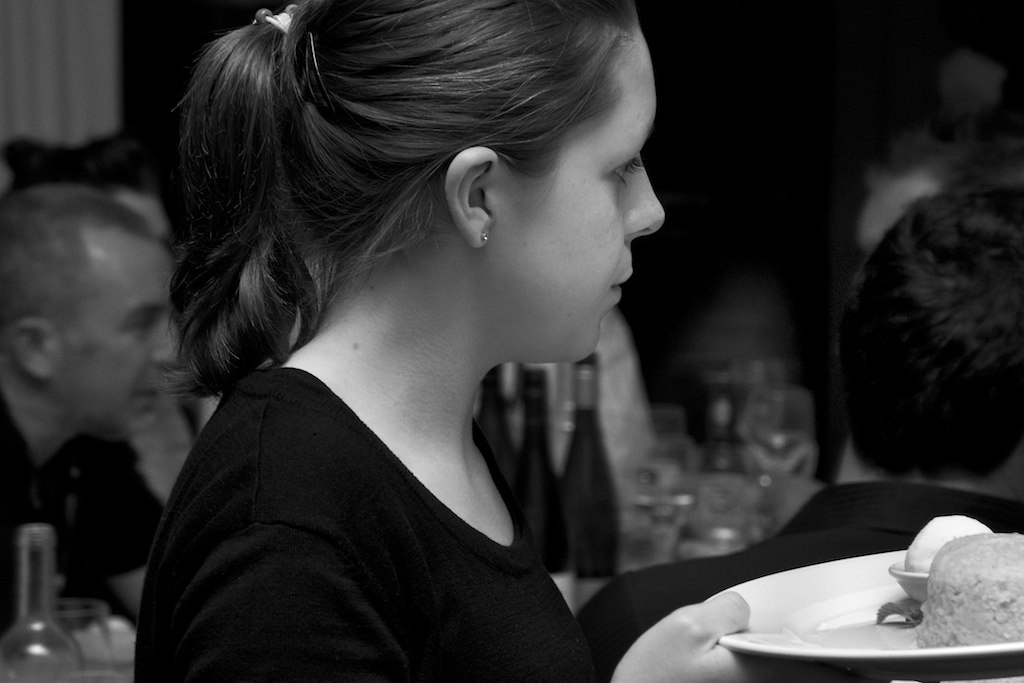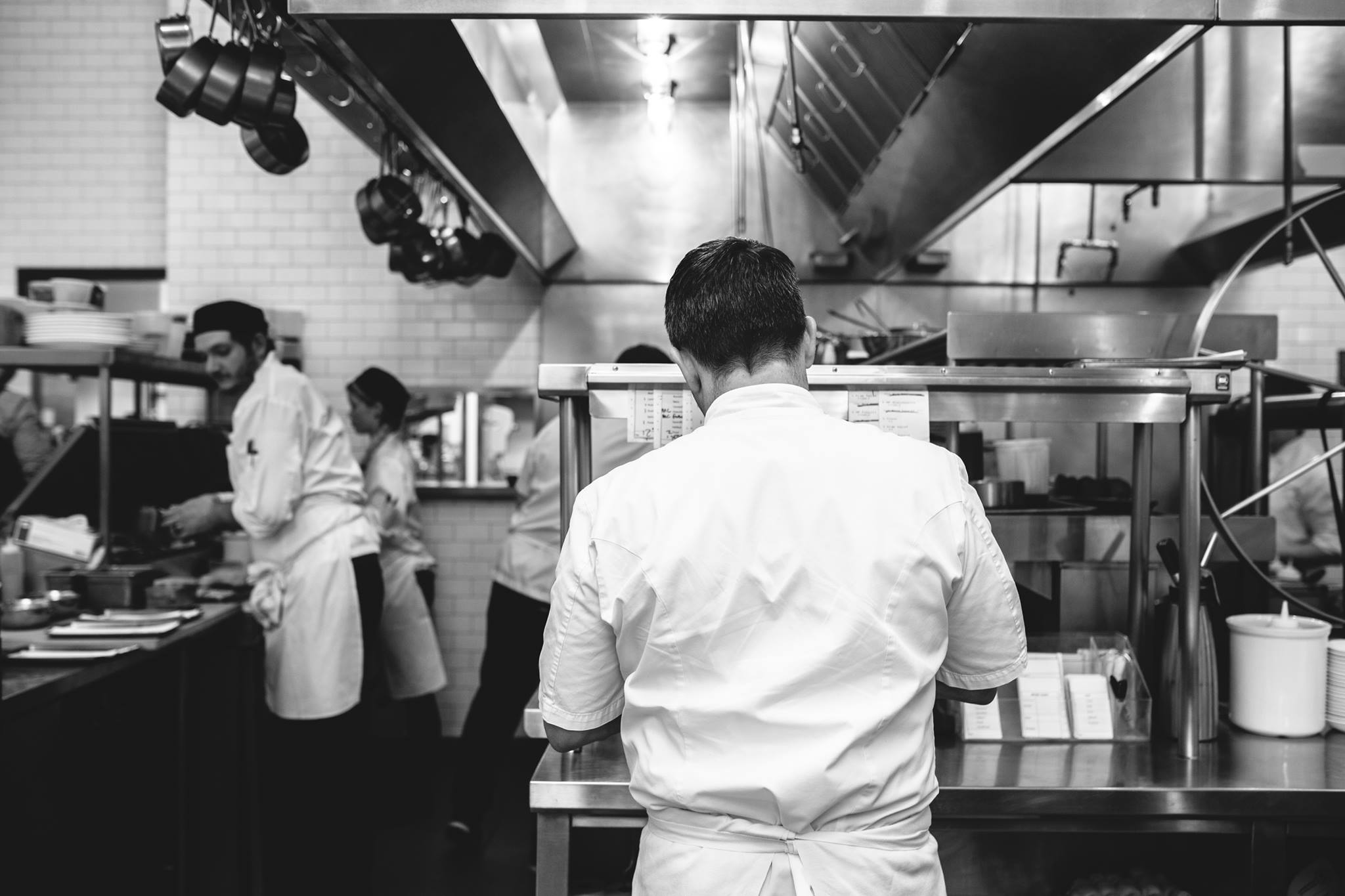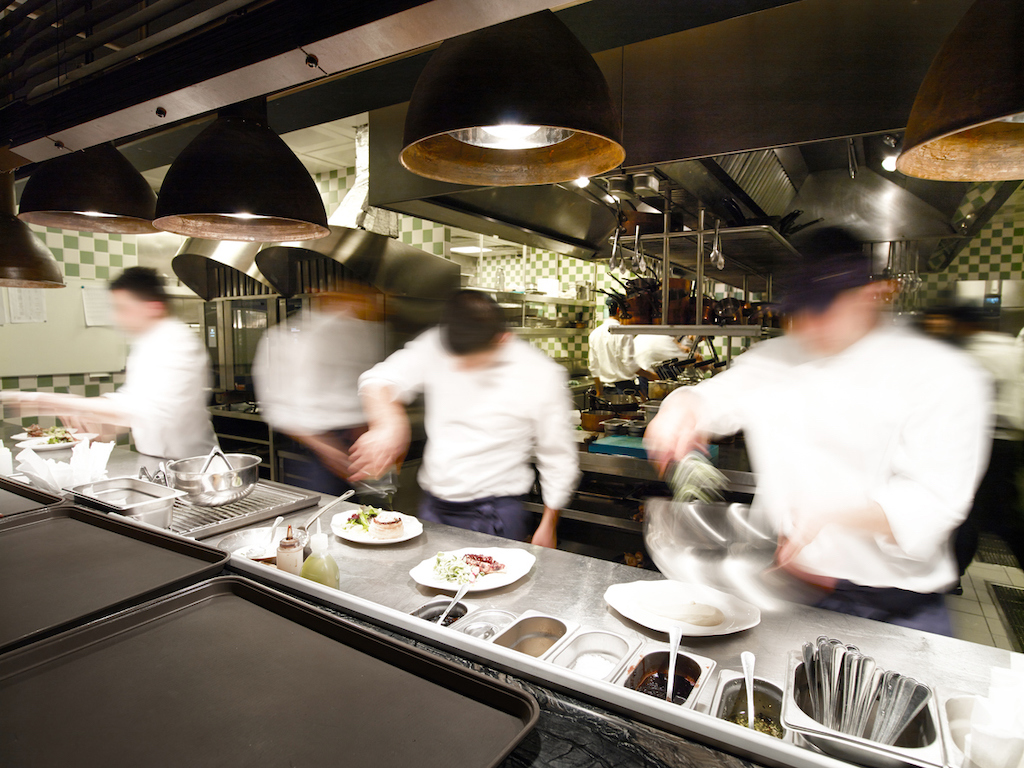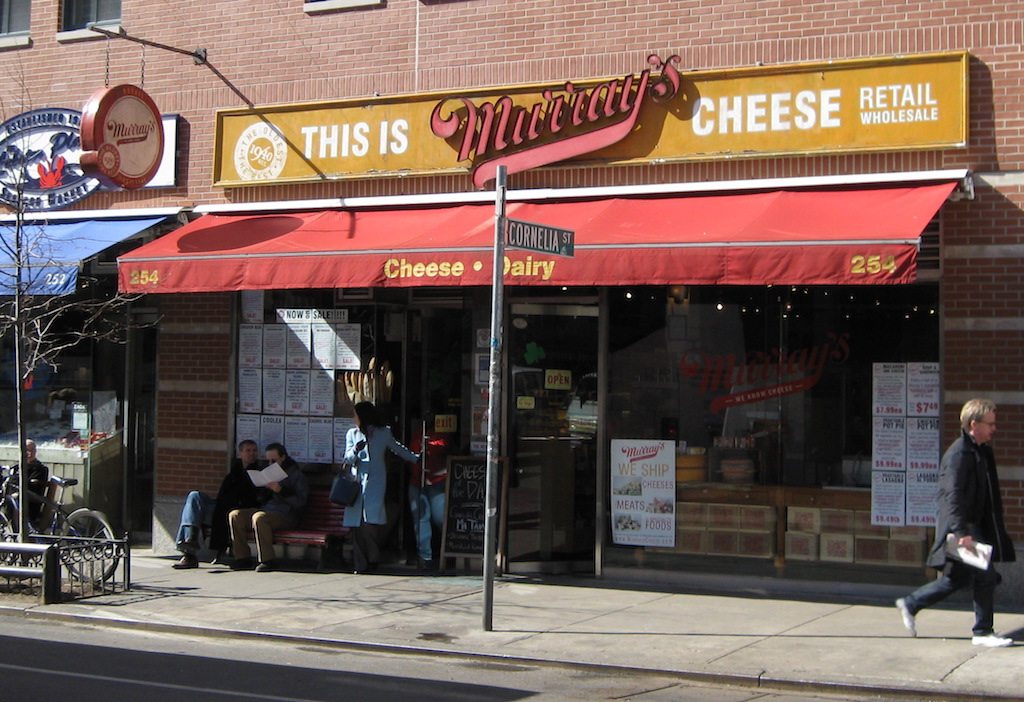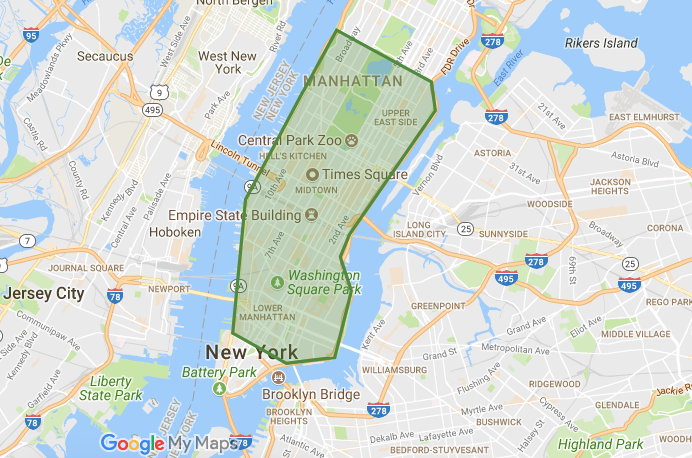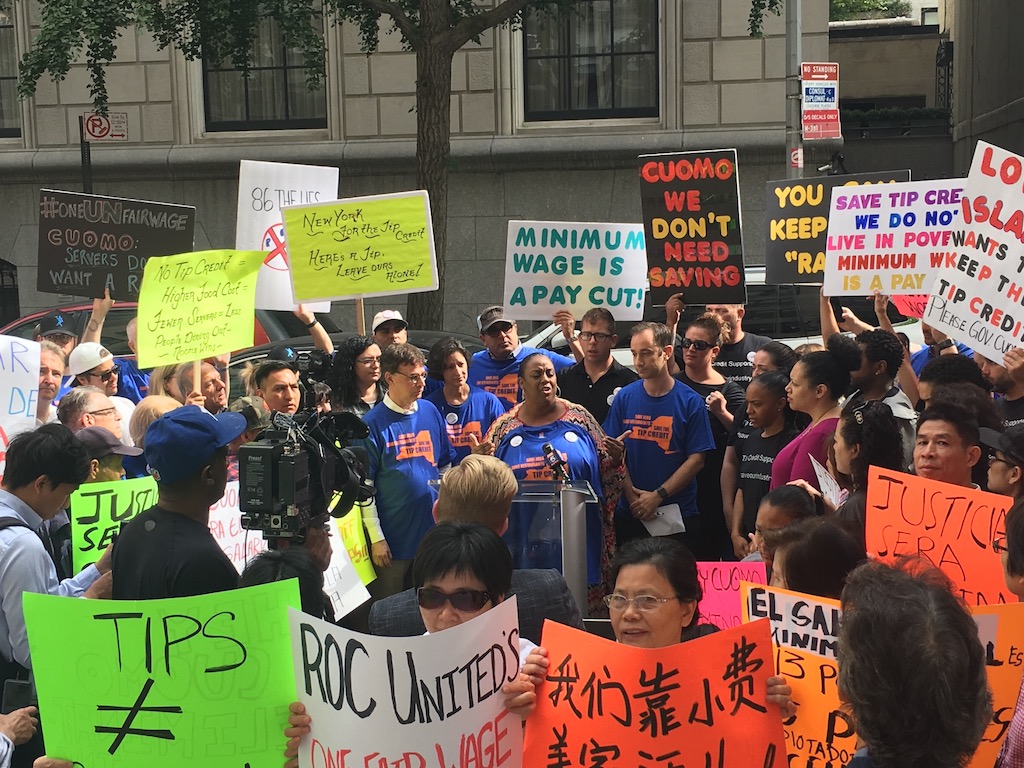Americans don’t trust the restaurant lobby, a survey commissioned by the restaurant lobby found.
Yes, you read that right. The National Restaurant Association (NRA), a nationwide industry group that advocates for owners’ and operators’ interests and says it has “40,000 members representing nearly 500,000 foodservice establishments,” commissioned a survey of diners’ perceptions of the organization. What did it discover in its apparent effort at mirror gazing?
That only 9 percent of survey participants have confidence in it.
Compare that to 40 percent of participants who said they trust large chains and 62 percent who trust local restaurants. So, yeah, NRA probably wants higher than single-digit support.
You know what is garnering big support among diners? Raising the minimum wage. Seventy-one percent of participants said they were in favor of that, despite warnings from the industry that doing so will result in higher restaurant prices, reports The Intercept, which first obtained the private survey results and published them on Tuesday night.
These findings may surprise the industry associations. But they seem particularly salient to us, given the current public scrutiny of ages-old, dysfunctional restaurant culture. (To wit: Mother Jones’s Bite podcast just asked diners “Has #MeToo Changed Your Relationship With Restaurants?”)
Beyond the shifting cultural climate, though, numerous states in 2018 phased in raises to the minimum wage. And as we told you about on Tuesday, New York’s Democratic Governor Andrew Cuomo is considering eliminating the tip credit, which allows restaurants to pay workers below minimum wage if their tips can make up the difference. We’ve reported on how workers and restaurants feel about this. But this survey, conducted by Virginia-based market research firm Luntz Global, gives us a look at how eaters feel about the policies and issues that shape the business model of the dining room.
Survey respondents’ reasons for supporting a raise appear at least somewhat rooted in empathy. Forty-three percent of diners said they care about workers’ standards-of-living, for instance, and 34 percent about reducing poverty. They were less moved by messages touting “more jobs” and “reducing inequality.”
As The Intercept reported, Luntz Global used the survey answers to advise NRA on how to campaign against minimum-wage raises, among other industry interests. The takeaway? Hit eaters where it hurts—that means threatening that minimum-wage raises will kill businesses, which 40 percent of survey-takers indicated was the best message against an increase.
The NRA, along with its state affiliates, has long pushed back against policies that would benefit workers, such as the Department of Labor’s 2016 overtime rule and a federal ban on tip-pooling, which prevents owners from being in control of tips. The findings of this survey tell us a lot about the kinds of messaging that we might expect in the upcoming election cycle.
Another indication of what we can expect? Look at the NRA’s political spending receipts. The association spent $3,270,000 in lobbying in 2017, according to non-profit lobbying tracker Open Secrets. During the 2016 election cycle, the NRA made $1,182,688 in contributions to various congressional candidates and political action committees (PACs)—most of which were to support GOP candidacy.
Their interests align: NRA has long argued that the Affordable Care Act (ACA) as it stands hurts restaurant owners. It continues to push for ACA reform alongside Republicans who support an overhaul, including a repeal of the employer mandate, which requires that employers offer employees health insurance. Last year, NRA’s top contribution recipients —Speaker Paul Ryan and Wisconsin Senator Ron Johnson among them—voted in favor of bills that would have done just that if they had passed.
By the way, according to The Intercept, the NRA paid its CEO $3.8 million last year. At minimum wage, a restaurant worker would need to work 252 years to earn the same amount.
